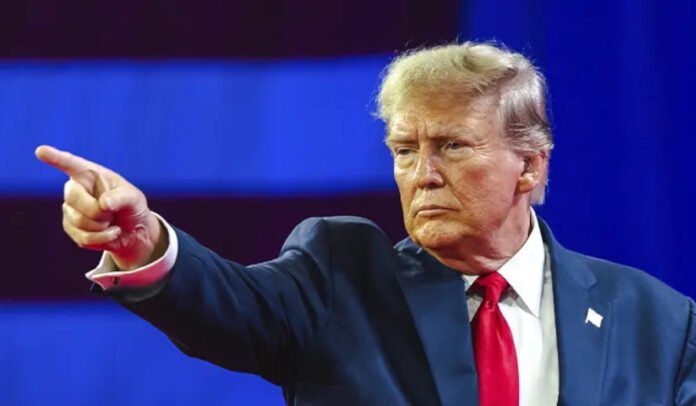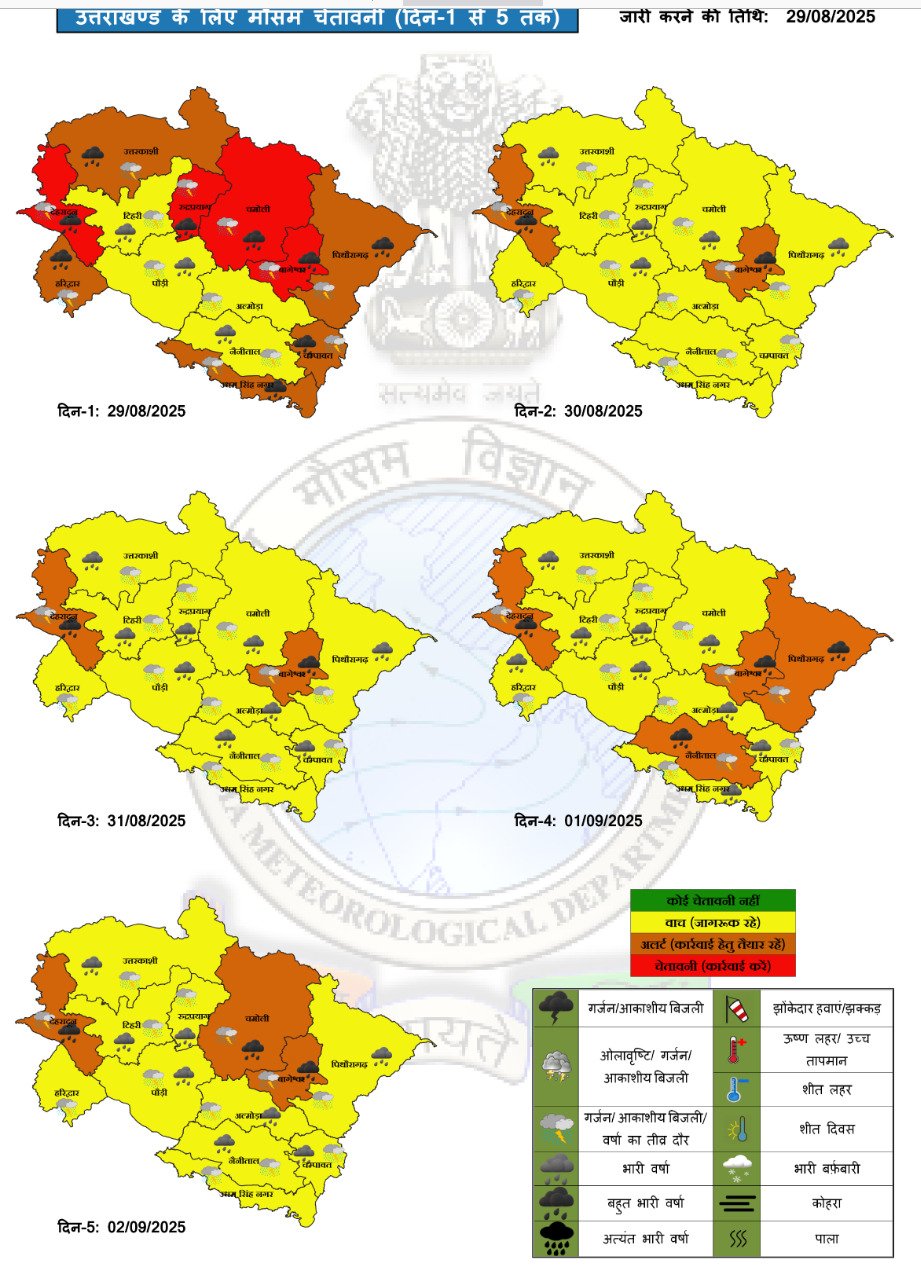In a significant blow to former President Donald Trump’s trade agenda, a U.S. federal appeals court ruled on Thursday that the majority of his tariffs imposed under the International Emergency Economic Powers Act (IEEPA) were illegal. In a 7–4 decision, the Federal Circuit Court concluded that the statute does not give presidents authority to impose tariffs unilaterally, marking a sharp rebuke of Trump’s expansive use of emergency powers.
The tariffs, which targeted goods from multiple countries, were introduced during Trump’s presidency as part of his “America First” economic policy. The court found that while IEEPA allows for blocking financial transactions or freezing assets in national emergencies, it does not extend to imposing broad trade duties without explicit Congressional approval.
Temporary Continuation of Tariffs
Despite the ruling, the court has allowed the tariffs to remain in place until October 14, 2025, giving the Trump administration time to file an appeal with the Supreme Court. Legal analysts noted that the temporary stay prevents immediate disruption in customs and revenue collection while the constitutional battle proceeds.
Reaction from Trump and Administration Strategy
Former President Trump, now seeking a political comeback, blasted the ruling as a “total disaster for the country” and vowed to fight it in the Supreme Court. He said the tariffs were essential for protecting American industries and workers from unfair foreign trade practices.
Administration officials are reportedly exploring a “Plan B” strategy, which could involve using alternate statutes to justify maintaining tariffs even if the Supreme Court ultimately strikes down the IEEPA-based measures.
Broader Implications for Presidential Authority
The decision sets the stage for a high-stakes legal battle over the scope of executive power in economic matters. If upheld by the Supreme Court, the ruling could sharply limit future presidents from invoking emergency laws to impose tariffs without Congressional approval. Legal experts said this would shift significant trade authority back to Congress and restrict unilateral executive actions in the name of national security or economic emergency.
Economic and Market Impact
Economists warned that the uncertainty around the tariffs is already affecting businesses reliant on imports and exports. If struck down permanently, importers may seek refunds on billions of dollars in duties paid since the tariffs were imposed. Meanwhile, American exporters who benefited from retaliatory protection measures could face renewed competition.
The ruling also raises questions about ongoing trade negotiations with China, the European Union, and other partners. Analysts suggested that a rollback of Trump-era tariffs could ease tensions with allies but complicate U.S. leverage in disputes with Beijing.
Next Steps in Legal Battle
The Supreme Court is expected to decide in the coming weeks whether it will hear the case. Given the far-reaching implications for presidential powers, most observers believe the justices will take it up. The outcome will likely determine not only the fate of Trump’s tariffs but also set precedent for future administrations’ authority over trade and national economic security.






















